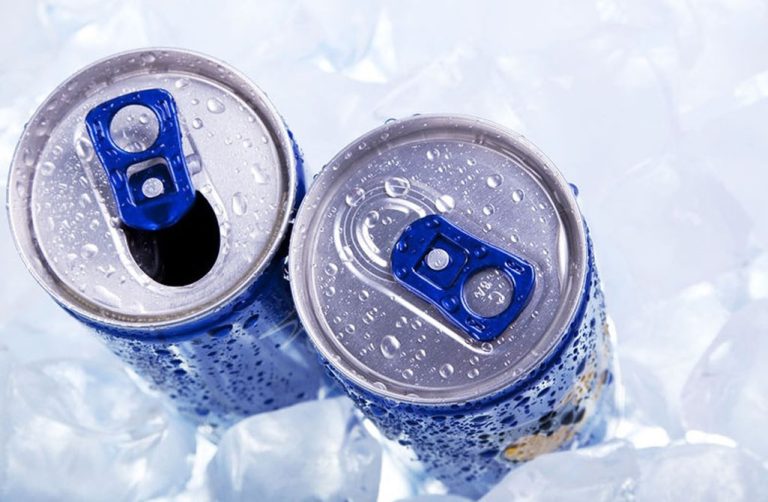Côte d’Ivoire: Ban on alcoholic energy drinks: a double standard?

The recent decision by authorities to ban the production, importation, and sale of alcoholic energy drinks has been lauded as a crucial step for public health.
Under current regulations, any product presented as a beverage or liquid concentrate with stimulating properties—both physical and intellectual—that combines alcohol with ingredients like caffeine, taurine, or plant extracts such as guarana and ginseng, falls under this prohibition.
However, a closer look at the market reveals a concerning reality: some products containing these banned substances continue to be sold without restriction.
Even more troubling, some of these beverages are locally produced by national breweries, which, despite the evident stimulating effects of their products, appear to be unaffected by the strict enforcement of the law.
A glaring example is a locally made lollipop infused with ginseng, which remains available on the market. Why, then, is it only the beverage version that faces prohibition?
This situation raises numerous questions and highlights a troubling double standard in enforcement.
How can it be justified that certain drinks, despite having a composition similar to those that are banned, evade regulation simply because they are locally produced or made by well-established companies?
Is this disparity not a clear injustice against other economic operators who are subjected to strict restrictions?
Public health should not be subject to compromises or exceptions. If the rationale behind this ban is genuinely to protect consumers from the risks associated with alcoholic energy drinks, then all beverages meeting this description should be held to the same standards, without exception.
This selective policy not only undermines public trust in the consistency of government decisions but also raises doubts about the true motivations behind these bans.
It suggests the possible influence of economic or political pressures that favor certain players at the expense of others.
It is imperative that the authorities reconsider this situation and apply the law uniformly.
Only by doing so can they ensure fairness and maintain public confidence in their commitment to safeguarding health and well-being.
Daniel TAPOBAR











